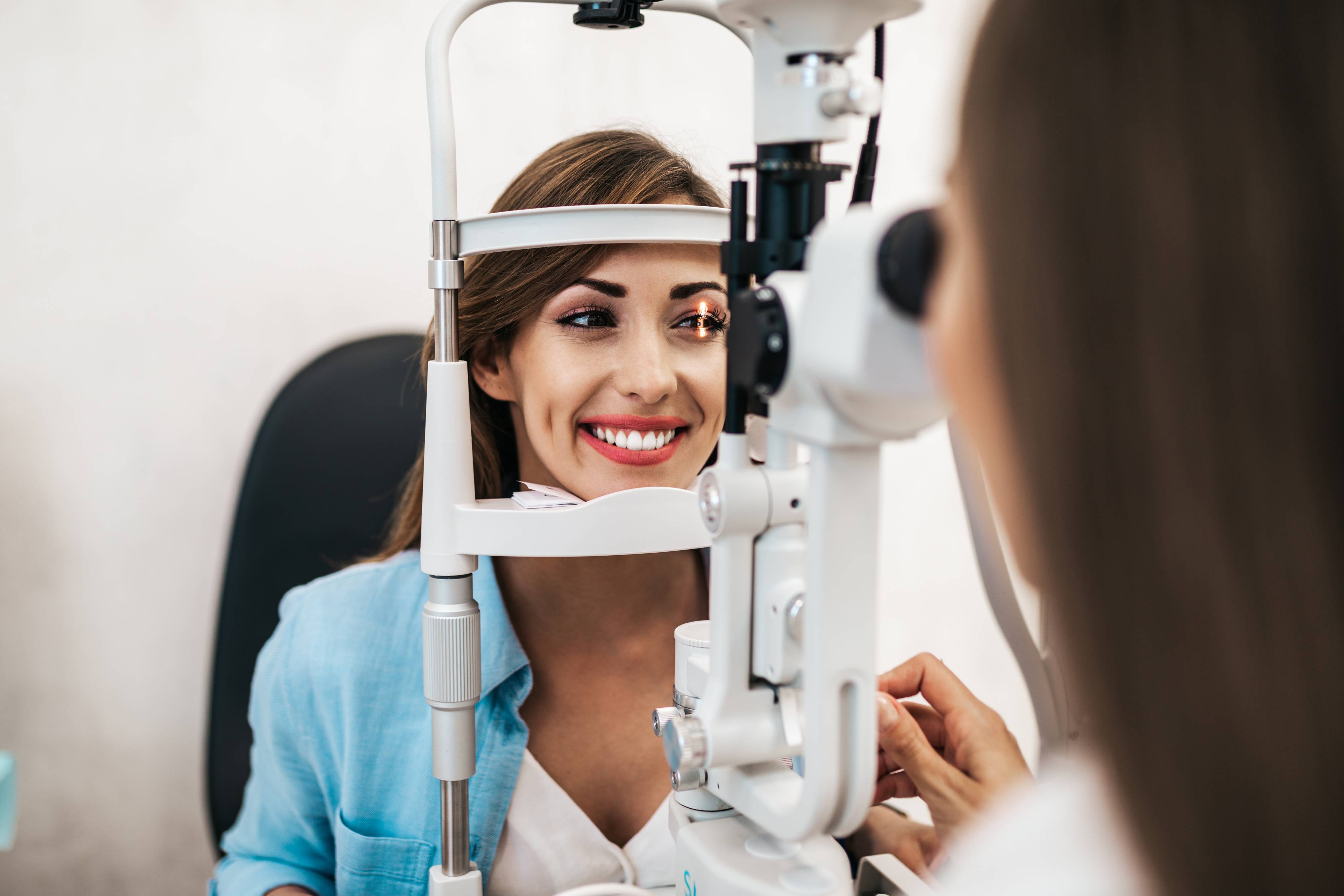
Regular eye examinations are vital to your vision health, especially if you wear eyeglasses or contact lenses. In some cases, your eye doctor will go beyond assessing or updating your prescription. Depending on the type of eye exam you get, your doctor may check your eyes’ overall health to detect any signs of diseases and make a diagnosis.
Have you been experiencing changes to your vision recently? If you’re not sure whether or not you need to schedule a comprehensive or a routine eye exam, this article should help guide you.
What to Expect in a Comprehensive Eye Exam
A comprehensive examination generally involves a thorough evaluation of various aspects of your eye health. Your doctor will inspect the different structures and functions to determine whether you have any eye conditions and provide necessary treatment immediately. Besides checking whether you need corrective eyewear, the doctor will conduct other tests to identify any eye diseases present, including:
- Pupil dilation: This test enables the doctor to see parts deep inside the eye that are only visible when the pupils are wide open, such as the optic nerve, macula, and retina.
- Slit-lamp test: This is another test that gives your doctor a closer look at your eye structures, such as the sclera, cornea, and lens, as well as a detailed view of the retina and optic nerve.
- Tonometry (puff) test: If your doctor determines that you may be at risk of developing glaucoma, he or she may also conduct this type of test. It measures your eye’s intraocular pressure.
Your doctor may also perform visual acuity, refractive error, and visual field tests during a comprehensive exam. Eye muscle and color blindness tests may also be included.
How Is a Routine Eye Exam Different?
Unlike a comprehensive eye exam, which provides in-depth information to your doctor, a routine eye exam is less thorough. It’s more straightforward, allowing screeners to pick up any obvious issues that need further investigation. It involves a brief and general evaluation of your eyes so your doctor can look for signs of any irregularities. A routine eye exam allows the doctor to find any vision changes, update your prescriptions, and inspect your eyes for common eye problems.
As you can tell, this type of eye exam is broad-spectrum. A comprehensive eye exam would consider your family’s medical history. A routine eye checkup often skips that step in favor of what you may call “a shotgun approach.” If your doctor spots any eye disease symptoms during a routine eye exam, he or she may recommend a comprehensive eye exam for a complete visual assessment.
Several elements in these two exam types overlap. One of the key differences is that a routine eye checkup may not include a pupil dilation test and other sophisticated tests.
To learn more about if a comprehensive or routine eye exam is right for you, contact Smoot Eye Care, LLC in Bedford, IN at (812) 675-4199.









